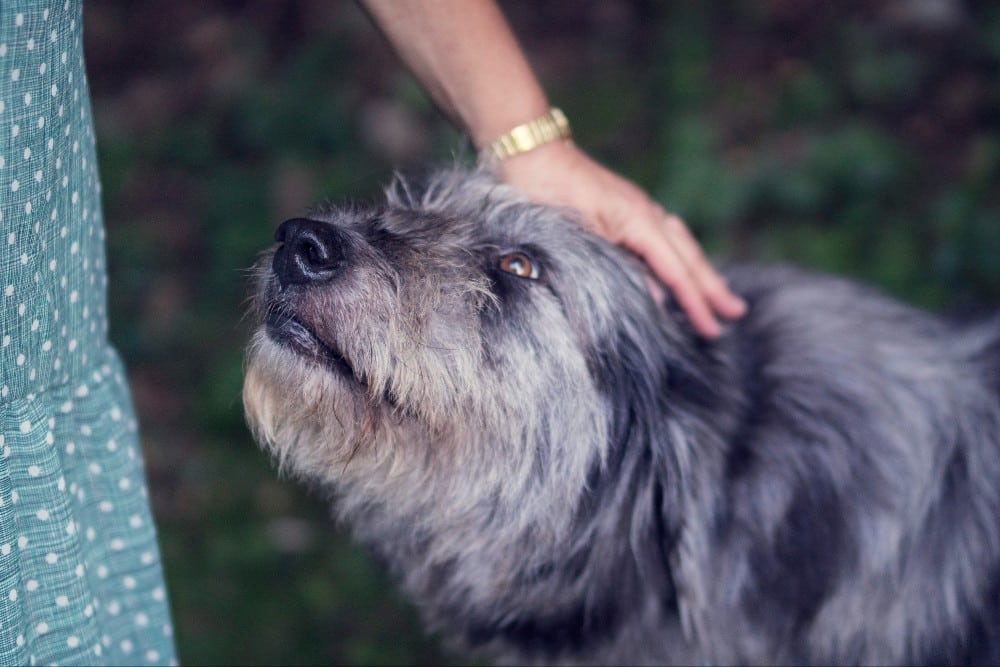There have been a number of explanations why some dogs at shelters go faster than others: color, age and breed have all been touted as factors. But some scientists believe a dog’s play behavior could actually be one of the biggest factors in determining if he gets adopted.
In an opinion article written on Scientific America, science writer and canine behavioral researcher Julie Hecht points to a study by University of Florida Canine Cognition and Behavior Lab and Arizona State University Canine Science Collaboratory to back up this claim. The team found that when a potential adopter requested one-on-one time with a shelter dog, only two behaviors predicted if a pup would get adopted: if he laid close to the person and if the dog was deemed playful in the human’s eyes. Indeed, the findings found that a pup that laid close to the person was 14 more likely to get adopted and dogs that weren’t “playful” were unlikely to go home.
Related: Caught on Camera: Inseparable Shelter Dogs Reunited After Spending Months Apart
But according to the article, the problem is many people don’t really know how to play. Hecht points to earlier research led by animal welfare and behavior researcher Nicola Rooney on dog-human play. The researchers asked owners to initiate play with their dogs. They observed these owners exhibiting 35 different kinds of play signals — everything from play bowing, clapping, patting the ground and barking. (Also, toys were not allowed). The team found that the most popular play signal was patting the ground yet only 38 percent of the time the dog would actually play. Other signals got a big fat zero response, including picking up and kissing the dog or feet stamping.
But don’t despair, there were some behaviors that did evoke play. Dogs wanted to play 100 percent of the time when owners chased, ran away or lunged forward, according to the findings. Also chest tapping to get the pup to jump, grabbing paws and play bowing brought on play to some degree.
Yet, in the end, the researchers’ concluded, “that humans often use ineffective [play] signals” — a finding that can have dire implications for some shelter dog.
Hecht believes that the reason some homeless dogs don’t get adopted may have to do more with you than them. Besides being in an extremely nerve-racking shelter environment with an unfamiliar human, some people may just not be playing correctly with dogs, resulting in the pup not finding his forever home and the owner potentially passing over a great dog. Let’s change that.
For those looking to adopt a shelter dog, be patient. As Hecht points out, it is like speed dating for dogs — there is a lot of pressure to make a good first impression. Hopefully, you will give them a break and the benefit of the doubt.
Related: Shelter Dogs Recreate Famous Magazine Covers in Hopes of Being Adopted
Featured Image: Flickr/Knight725



















